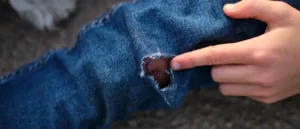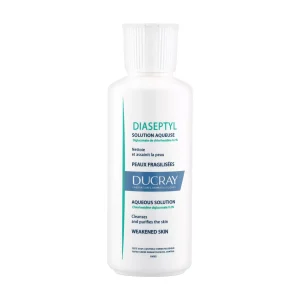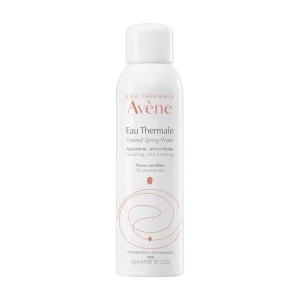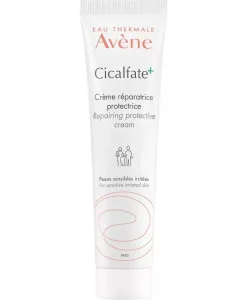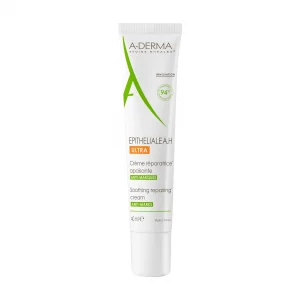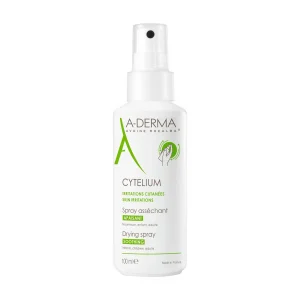
Everything we do these days is faster than it used to be. So is the way we want our bodies to heal. But if you have a stubborn wound and are struggling to heal, there are a few good practices to note. Keep reading this article from The Dermo Lab to learn more about the steps to follow to make your wound heal faster and what factors affect wound healing.
What are the phases of wound healing?
Wound healing and repair can be divided into 3 phases:
- The inflammatory phase:
This phase lasts from 1 to 4 days and is characterized by vasoconstriction of blood vessels to prevent bleeding. The vessels will then begin to dilate, so that blood can reach the injured tissue with the cells necessary for healing. As a result, you may experience swelling, redness, and pain.
- Proliferative phase:
This phase lasts between 5 and 20 days and is characterized by the formation of collagen and other fibers that help close the wound.
- Maturation phase:
This is the longest phase and can last anywhere from one month to several years. The body continues to produce collagen and correct imbalances within the wound, both of which gradually decrease over time.
If any of these stages of wound healing do not occur completely due to lack of blood or infection, the wound may become chronic.
What factors affect wound healing in adults?
Wound healing is a complex process and many factors can interfere, delaying wound healing.
1- Age
Aging affects the entire body, including the structure and function of the skin. With age, the skin thins and the body has a reduced inflammatory response, which means that as you age, your skin is prone to injury and heals more slowly when an injury occurs.
2- Nutrition
Good nutrition is essential for optimal healing. A wound cannot heal properly if you don’t have the nutrients needed for cell repair and growth.
3- Obesity
Anyone who is 20% or more over their ideal body weight is at increased risk of infection when healing a wound.
4- Repeated trauma
If you have multiple wounds or have undergone severe trauma, your body’s defense mechanisms will be limited and will slow down wound repair.
5- Skin moisture
The skin needs an adequate amount of fluid and moisture to be viable. If you tend to have dry skin, you are at risk for skin lesions, infections, and thickening of the skin, which interfere with healing. On the other hand, if the skin is too moist, you risk developing infections. It is therefore imperative to maintain an optimal level of skin moisture for wound healing.
6- Chronic diseases
Chronic diseases have a direct impact on the body’s natural ability to heal. Cardiovascular disease is among the most damaging, but diabetes and immune deficiencies can also slow wound repair.
7- Medications
Prescription drugs can have a negative effect on wound healing. Nonsteroidal anti-inflammatory drugs, such as aspirin and ibuprofen, can interfere with the inflammation stage of the healing process. Anticoagulants can disrupt blood clotting, while immunosuppressants can weaken the immune system and increase the risk of infection.
Does drinking alcohol affect wound healing? Excessive alcohol consumption has a very negative effect on wound healing, as it significantly reduces the levels of key components of the immune system involved in healing.
Keep reading to learn how to improve wound healing!
How to speed up wound healing?
Here are some methods to help you accelerate wound healing:
1- Rest
Getting enough sleep can help wounds heal faster. Why? Well, research indicates that sleep restriction can lead to delayed healing. So, make sure to put down your smartphone early and get to bed!
2- Eat healthy
Healthy foods and supplements are known to boost your immune response and speed up the healing process. Load up on foods rich in vitamin A, copper, and zinc, like kale, ginger, mushrooms, beets, and yogurt.
What food should you avoid for wound healing? Limit unhealthy foods, such as those high in fat, sugar, and salt. For example, donuts, cookies, fried foods, candy, and regular sodas. These types of foods are low in nutrients that are important for healing.
3-Do not stop exercising
Of course, depending on your injury, you may need to do less intense exercise or just walk, but try not to stop. The increased blood flow produced by exercise is supposed to speed up the healing process.
4- Stop smoking
This is one thing to avoid when you have an injury. Smoking can delay the healing process by constricting blood vessels and preventing nutrients from reaching the wound, which can increase the risk of complications.
5- Keep the wound clean
Make sure to clean and dress the wound until your doctor advises you to stop, even if it seems to be improving.
Clean your wound thoroughly with soap and water to remove dirt and other germs. Simple wounds, such as a cut or scrape, should be cleaned immediately to remove bacteria and viruses. This will help prevent an infection from developing. Cleaning can be done with saline or warm water and mild soap.
Have a look at the disinfectant below! It is designed to be used on minor wounds to protect the skin from microorganisms that may enter through cuts.
Ducray Diaseptyl Spray
It is recommended to apply a product that keeps the wound moist and prevents infection. After cleaning, gently pat dry and apply a calming spray to reduce redness and irritation. The following spray delivers long-lasting protection with moisturizing and soothing ingredients.
Eau Thermale Avène Spring Water Spray
You can also apply a wound cream to speed up the healing process. Check out the following creams that help build and maintain a healthy skin environment for optimal healing.
For non-oozing wounds:
Eau Thermale Avène Cicalfate+ Restorative Protective Cream
A-Derma Epitheliale A.H Ultra Soothing Repairing Cream
For oozing wounds:
If your wound is oozing, we recommend drying it with the following spray from A-Derma which drains and decongests oozing skin. It also soothes, calms, and softens the skin in case of irritation.
A-Derma Cytelium Drying Spray
Once your wound is dry, you can continue with the creams mentioned above.
Consult your doctor
Check your wound regularly. See your doctor immediately if you experience symptoms such as:
- Bleeding
- Increasing pain
- Pus or discharge from the wound
- Fever.
To speed up wound healing, it’s important to take care of your wound properly. You can promote healing by maintaining a healthy diet and avoiding harmful habits.
